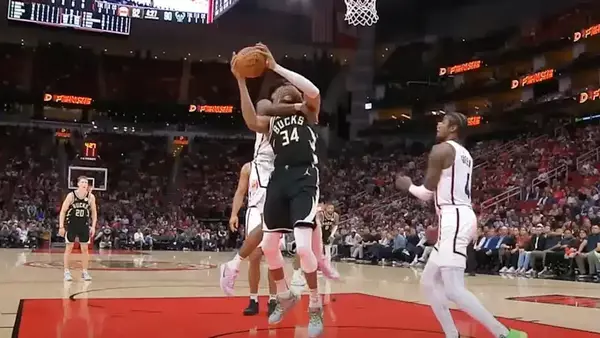
For several weeks Elon Musk has been joining the voices of Cassandra, who foresee a real estate bubble bursting.
He regularly alerts that the situation in the sector is deteriorating.
For now, it's commercial real estate that's holding the attention of doomsayers. And the reason is simple: Commercial real estate relies on the health of banks and their ability to finance projects.
Since March, not all has been well in the financial system, and more particularly with regard to the U.S. regional banks, which finance the major real estate projects.
Since Silicon Valley Bank collapsed on March 10, a crisis of confidence in banks has rocked investors. The question at the heart of this crisis is whether the California bank's troubles resulted from a brewing financial crisis, the effects of which might continue to be felt.
This concern is due not to unfounded panic by investors, which has happened. It is fear rooted in the fact that Silicon Valley Bank (SIVB) was the go-to institution for startups and many small businesses.
The bank did not take excessive risks -- until the Federal Reserve began to increase its benchmark interest rate and the bank's bet on rates via its acquisitions of treasury bonds and municipal bonds turned sour. SVB then found itself with huge unrealized losses.
Is Real Estate in Big Trouble?
Many experts and investors are convinced that other regional banks have made similar bets and also are sitting on unrealized losses. Many regional banks, said Ryan Nash, managing director of financials-group research at Goldman Sachs, have "exposure to high-risk commercial real estate areas, such as offices.”
Because property values have declined as office vacancies have increased in many cities across the U.S., many banks are expected to encounter challenges with their commercial real estate portfolios.
"A lot of real estate isn’t so good any more,” Charlie Munger, vice chairman of Berkshire Hathaway (BRK.A) (BRK.B), recently warned. "We have a lot of troubled office buildings, a lot of troubled shopping centers, a lot of troubled other properties. There’s a lot of agony out there.”
David Sacks, a tech-investor friend of Musk, pointed out on May 29, based on an article by Slate, that Los Angeles office towers "are selling for less than the amount of debt on them. This is true for [San Francisco,] too, and other big cities."
The article reminds readers that commercial real estate actors owe $1.5 trillion to banks, pension funds, and insurers. This enormous debt, which must be paid before the end of 2025, was secured by a national portfolio of office, retail, industrial, and multifamily properties that may not be valued at what they were five or 10 years ago when those loans were issued.
Los Angeles thus symbolizes this new reality between the weight of the debt and the value of the properties.
For Musk this confirms his predictions and enables him to warn about residential real estate, which he says will follow the same trajectory as commercial real estate. This warning will not please homeowners.
Home Values Follow Commercial RE Lower: Musk
"Commercial real estate is melting down fast," the billionaire said, following Sacks's message. "Home values next."
The tech mogul's doom prediction is consistent with remarks he'd made in mid-May. At the time he agreed with an analysis indicating that the crisis in residential real estate was boiling.
"Existing people in houses can't afford to sell— existing being renting can't afford to buy,” Chen Fang, chief operating officer of BitGo, a digital asset trust and security company, said on May 13. "We are stuck in this limbo until the job market crashes and existing people with houses are forced to default on their mortgages, sending the real estate market into the next death spiral.”
"Tragically accurate,” the billionaire, who has become the face of today’s American capitalism, concluded.
Basically, one must be prepared for a slump in residential real estate as well.
One of the negative effects of the banking crisis of confidence is that it has pushed banks to turn off the credit tap. Obtain a mortgage is becoming more and more difficult because the banks, which want to preserve their liquidity, have added stricter criteria to their credit decisions.
Between this and interest rates that have been rising for more than a year due to the Federal Reserve's monetary policy, credit has become expensive. Households thus find themselves with monthly payments that have increased sharply.
Our Memorial Day sale is on now! Get exclusive investing insights from TheStreet’s premium products. Learn more.







